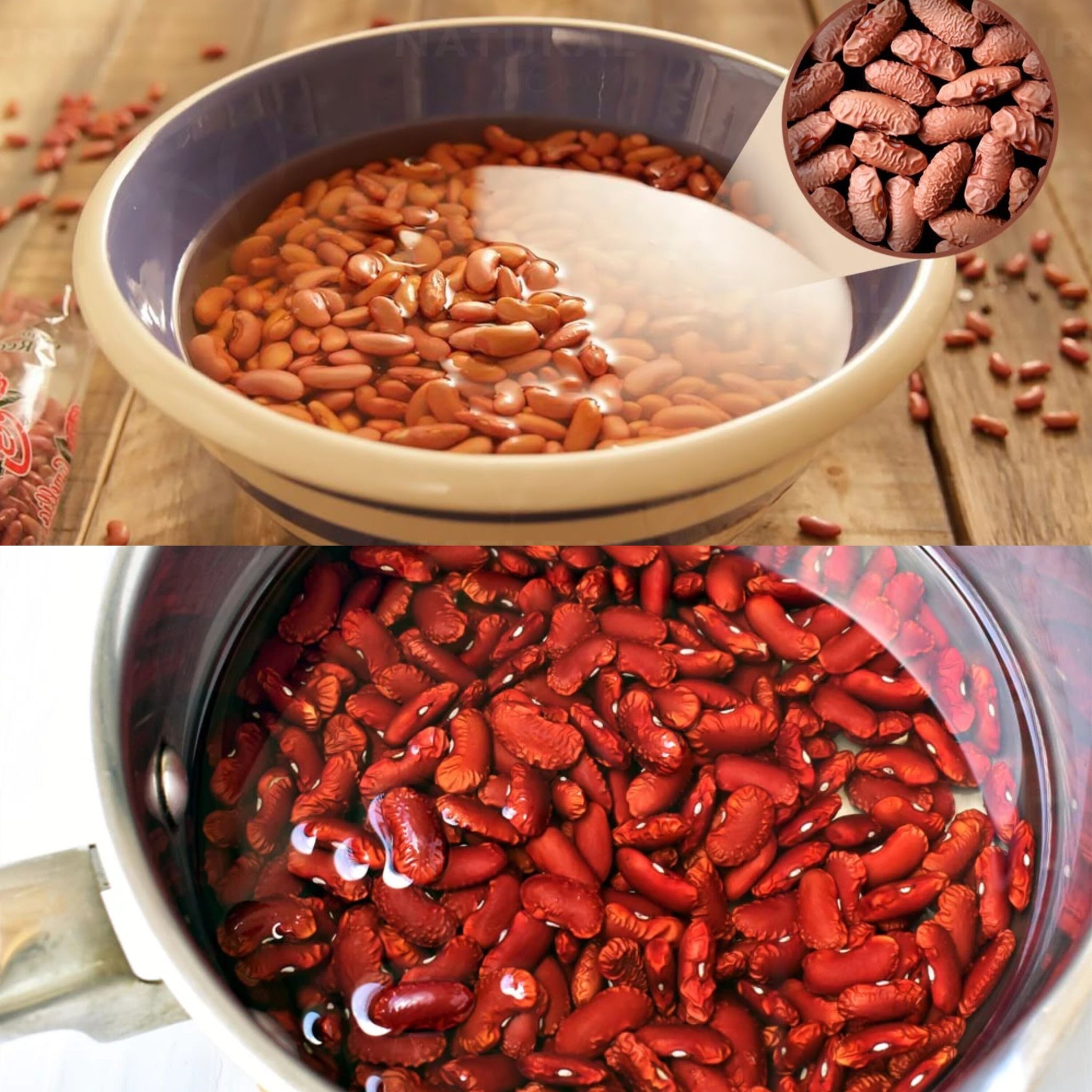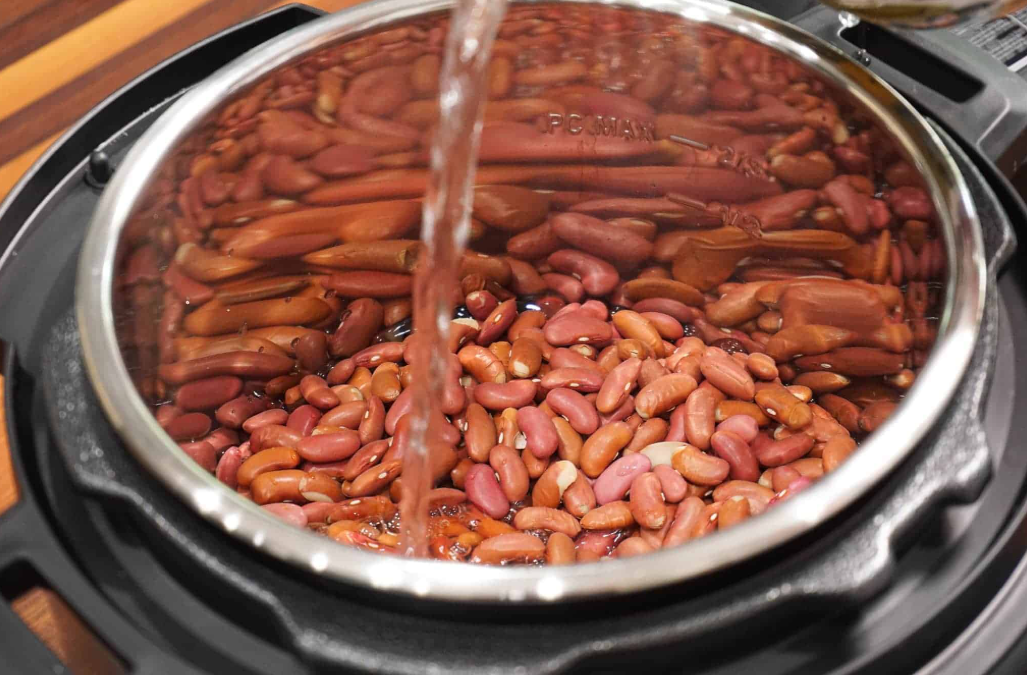
It is common practice in many recipes to soak beans overnight before cooking, but this practice has several useful advantages that improve both the cooking and eating experiences. This is why it’s worth your time to complete this preparation step:
1. Reduces Cooking Time
Soaking beans in water overnight can help significantly reduce their cooking time. Dry beans are very hard, and soaking them softens their texture, making them quicker to cook through. This not just saves time but energy, which can be particularly beneficial when using methods that typically require longer cooking periods, such as stovetop simmering.
2. Improves Digestibility

Beans are rich in complex sugars called oligosaccharides, which can be difficult for some people to digest and may cause bloating and gas. Soaking helps to break down some of these sugars, reducing the amount that reaches the intestines where they ferment and produce gas. Rinsing the beans after soaking and using fresh water for cooking can further help in reducing these effects.
3. Enhances Nutritional Value
The process of soaking beans activates phytase, an enzyme that breaks down phytates—a form of phosphorus stored in beans that can bind minerals and reduce their absorption by the body. By decreasing phytate levels, soaking makes minerals like iron, zinc, and calcium more available for absorption, thus increasing the nutritional benefits of beans.
4. Improves Texture and Flavor
Soaking helps to creat a more uniform texture throughout the beans, which leads to a better overall dish. In addition, it helps in cleaning them thoroughly, which can improve their flavor. Beans that are not soaked can have a gritty texture and an unevenly cooked interior. Soaking ensures that beans cook evenly and are more likely to maintain their integrity without splitting open during cooking.
5. Removes Impurities and Dirt
Soaking them overnight makes it easier to wash away any dirt or substances that you wouldn’t want to eat. A thorough rinse after soaking can help ensure that the beans are clean before you cook them.

















